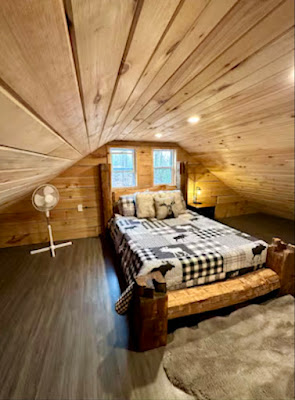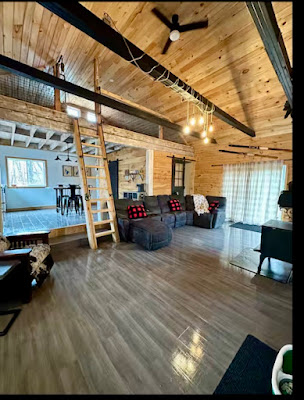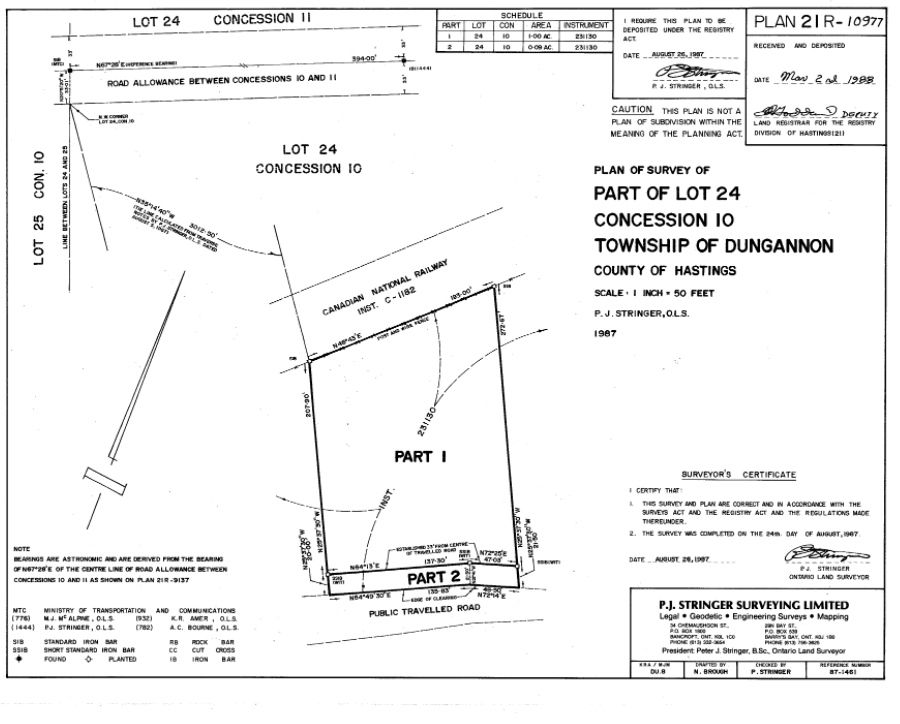When Deposit Demands Derail Real Estate Deals
Here is a recent case study that happened to me and some of the everyday complexities and challenges in real estate transactions. The key points are:
- The buyers found a house in rough shape that had been on the market for 2 years, presenting an opportunity for sweat equity.
- The initial offer was over 90% of the asking price, with a $10,000 deposit and a quick 45-day closing timeline - a very strong offer.
- The seller countered, asking for a higher $25,000 deposit, citing it as "standard" for a 5% deposit.
- We argued that the $10,000 deposit was appropriate given the buyers' financial situation and the limited risk to the seller with the quick closing timeline. However, the seller insisted on the higher $25,000 deposit.
- Ultimately, the deal fell through, as the seller was overly focused on maximizing the deposit rather than working constructively with the qualified buyers.
This case study illustrates how a seller's inflexibility around deposit amounts, even when a buyer is making a very strong offer, can derail an otherwise viable transaction. A $10,000 deposit on a home under $1 million is already a substantial amount that demonstrates the buyers' commitment. Pushing for an even higher $25,000 deposit, without a clear justification, seems unreasonable and could cost the seller a sale.
A common question is how much deposit is standard on a real estate contract? The simple answer is that there is no simple answer. The deposit money is a term of the contract agreed upon between the buyer and the seller. The more deposit money put forward, the more security the seller gains once the conditions have been met. The deposit money forms part of the purchase price and is calculated as part of the total price offered and not in addition to it.
For sellers, the deposit serves as a security measure that provides peace of mind. A buyer who submits a large deposit demonstrates a strong commitment to the deal. This is an excellent thing in a multiple offer situation. This good-faith money acts as a safeguard, ensuring that the seller won't be left in the lurch if the buyer backs out without a valid reason.
So in my case, the seller wanted a $25,000 security measure for a closing that would happen in 45 days. He felt that $10,000 was insufficient to enforce the closing, as it was such a small amount that the buyers might be willing to walk away if they changed their minds. I don't know how many people who are buying houses under $1 million don't think $10,000 is a lot of money. The only common reason why anybody would walk away from their deposit in a real estate deal that I can think of is if values drastically changed. The bottom dropped out of the market. The risk of that happening in 45 days is extremely low. Is it worth walking away from a deal altogether because of that fear?
**Update** The listing that turned us down is still listed for sale. My buyer found another property, placed an offer and closed.











































